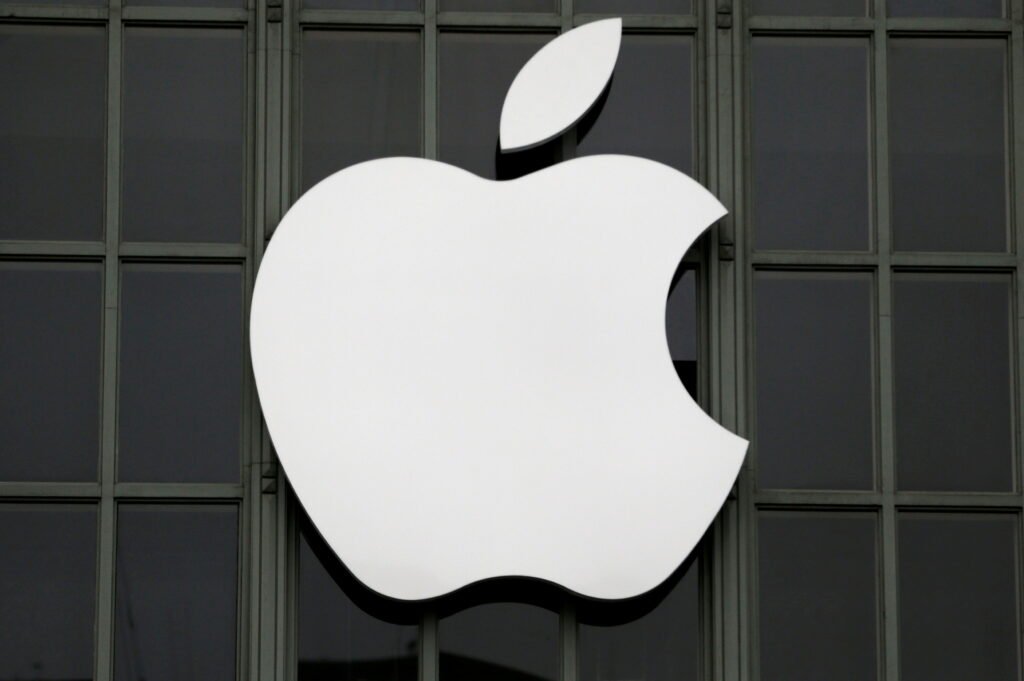In the realm of tech, battles aren’t always fought on screens or in coding languages; sometimes, they take place in courtrooms and boardrooms. The latest skirmish? Meta Platforms, Microsoft, Elon Musk’s X, and Match Group have joined forces in the epic games protest against Apple’s contentious third-party payment rules. But what’s all the fuss about, and what are the implications for the tech industry and consumers?
Epic Games Protest Against Apple
Epic Games, the mastermind behind the wildly popular game Fortnite, has been at the forefront of a protest against Apple’s App Store policies.
- The Fee Conundrum: At the core of Epic’s discontent lies Apple’s practice of charging a hefty fee for iOS payments made outside the App Store. Developers have long grappled with the 30% commission levied by Apple on in-app purchases. Epic Games, like many others, believes this fee is exorbitant and stifles innovation.
- The Battle for Alternatives: Epic Games insists that developers should have the freedom to direct users to alternative payment systems. In other words, they want to break free from the App Store’s shackles and offer more cost-effective options to their customers.
Epic Games vs. Apple: The Legal Battle Unfolds
In 2020, Epic Games filed a lawsuit against Apple, accusing the tech giant of antitrust violations. The bone of contention? Apple’s insistence that consumers obtain apps exclusively through the App Store, coupled with the hefty commission on developers’ purchases.
District Judge Yvonne Gonzalez Rogers issued a permanent injunction in 2021, compelling Apple to allow developers to guide users to alternative payment systems. While most of the ruling favored Apple, this particular aspect opened the door for change.
Apple’s response to the injunction was to introduce a 27% fee for developers processing payments outside the App Store. Epic Games contends that this move renders the alternative links practically useless.
Joining Forces: Meta Platforms, Microsoft, Elon Musk’s X, and Match Group
These tech giants aren’t joining the fray simply to bandwagon; each has its reasons for standing against Apple’s third-party payment rules.
Meta, the parent company of Facebook, charges more for ad-free plans and boosted posts on its iOS apps than on the web. It argues that it should be able to direct users to other payment options for boosted posts. By supporting Epic Games, Meta aims to advocate for a more open and fair digital ecosystem.
As a major player in the tech industry, Microsoft recognizes the need for innovation and competition. With its mobile game store, Microsoft highlights how Apple’s policy limits its ability to offer users subscriptions and discounts. Joining the Epic Games protest against Apple aligns with Microsoft’s commitment to fostering a diverse and dynamic app marketplace.
Elon Musk’s X, the innovation hub behind ventures like SpaceX and Tesla, sees Apple’s restrictive policies as a barrier to progress. By challenging these rules, Musk’s X aims to promote innovation and entrepreneurship in the tech sector.
Match Group, the company behind popular dating apps like Tinder and Match.com, relies on a thriving app ecosystem to reach users. By opposing Apple’s rules, Match Group seeks to protect the interests of developers and consumers alike. It emphasizes that Apple’s decision affects both developers and users, hindering the court’s attempt to foster competition on pricing.
The Impact on Apple and the Tech Industry

In response to the protests, Apple has remained steadfast, citing the need to protect consumers and the integrity of its ecosystem. However, the tech giant’s refusal to budge may have consequences beyond the courtroom. The ongoing battle with Epic Games and other tech giants has put Apple under scrutiny, tarnishing its image as a champion of innovation and consumer rights.
The Road Ahead
The U.S. Supreme Court’s refusal to hear Apple’s appeal and Epic’s appeal of lower court findings leaves the battle unresolved. Apple has until April 3 to respond formally. As Cupertino and Cary brace for further legal jousting, the tech world watches with bated breath. In this clash of titans, the stakes and rules are shifting, and the impact reverberates far beyond Silicon Valley.
The Future of App Development

Regardless of the outcome, Epic Games protest against Apple has sparked a vital conversation about the future of app development and the power dynamics within the tech industry. Whether it leads to meaningful change remains to be seen, but one thing is certain: the battle for a fair and open digital marketplace is far from over.
Final Thoughts
In the ever-evolving landscape of tech, battles like the Epic Games protest against Apple are not just about corporate rivalries; they’re about principles and values that shape the future of innovation. As Epic Games and other tech giants continue to challenge Apple’s third-party payment rules, the outcome will not only impact the involved parties but also set a precedent for the broader tech industry.
We invite you to share your insights on the recent developments surrounding Epic Games protest against Apple’s contentious third-party payment rules. If the protest succeeds, what course of action do you think Apple will take? Additionally, we’re curious about the potential impact on both Apple employees and customers. Furthermore, how do you foresee the protest affecting Apple’s financial system? We’d love to hear your opinions and insights on these topics. Share your thoughts in the comments below.
